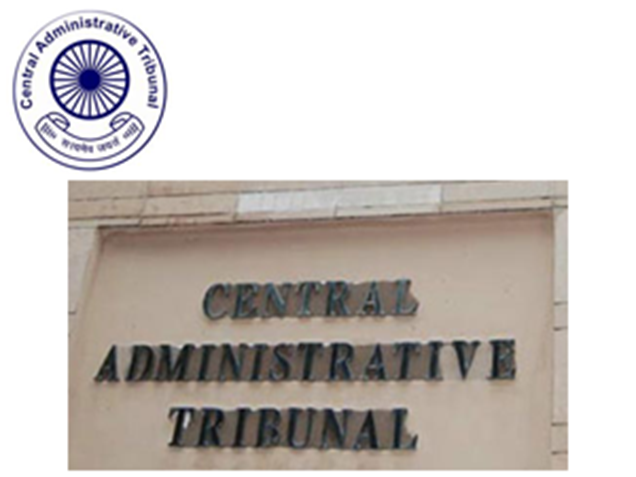
Jammu, June 18: Administrative Tribunal (CAT), Jammu Bench, quashed a 25-year-old discharge order that had terminated the services of a prison official, which the tribunal found was passed in gross violation of constitutional safeguards and service rules [Jahangir Khan V/s State].
The tribunal Bench, comprising Sanjeev Gupta (Judicial Member) and Pragya Sahay Saksena (Administrative Member), held that the entire process leading to the dismissal of Jahangir Khan, who used to serve as a prison warden, was marred by procedural irregularities.
By this time, Khan had reached the retirement age and could not be reinstated to service.
The CAT, therefore, proceeded to direct the Jammu and Kashmir government to pay Khan 50 per cent of back wages for the period he remained out of service, along with all retiral benefits, including pension, within two months.
The tribunal reasoned that Khan had not shown proof that he was not employed elsewhere after his termination of service.
Therefore, it did not order the payment of full back wages, but only 50 per cent. The matter has been pending adjudication for the last more than 25 years?
The applicant has not pleaded in the T.A. or placed any material on record to show that he was not gainfully employed after discharge from his service, so applicant is not entitled to full back wages, but, the relief of back wages in favour of the applicant can be restricted to 50%," order said.
Jahangir Khan was appointed as Warden in the J&K Prisons Department on August 28, 1980 and promoted to Selection Grade in 1994. In 1999, while posted at District Jail, Kathua, a complaint was filed by his wife alleging that he had contracted multiple marriages without prior government sanction.
Without holding any formal inquiry or issuing a show cause notice in accordance with the J&K Civil Services (Classification, Control and Appeal) Rules, 1956 and the J&K Employees (Conduct) Rules, 1971, Khan was summarily discharged from service on February 16, 2000 by the Additional Director General of Prisons, J&K.
Khan first challenged the discharge through a writ petition in the J&K High Court in 2000, which advised him to approach the concerned appellate authority. Despite filing an appeal before the appellate authority and several representations, no decision was taken, even after specific Court directions in 2000 and again in 2011 to decide the matter in a time-bound manner.
This compelled Khan to approach courts multiple times, including through a contempt petition filed in 2012. He eventually moved the High Court again for relief in 2013, before the matter was later transferred to the CAT in 2021.
The tribunal noted that Khan's termination had been effected without conducting a proper departmental inquiry, violating principles of natural justice and statutory protections enshrined under Article 311 of the Constitution of India, Section 126 of the erstwhile J&K Constitution, and Rule 33 of the J&K Civil Services (Classification, Control and Appeal) Rules, 1956.
The tribunal also criticized the prison authorities for their lackadaisical approach, noting that they had dragged on the matter for years before Khan was forced to approach the High Court a third time in 2013.
The act of Respondent No. 2 shows that in an arbitrary manner, in violation of directions given by the Hon’ble High Court in SWP No. 210 of 2000, the appeal filed by the applicant was not disposed in a time bound manner and the matter dragged for years together, even after appointing, a new inquiry officer in the year 2004.
The tribunal proceeded to hold the February 2000 discharge order passed against Khan as unjustified and illegal. The discharge order stands vitiated for non-observance of mandatory rules and principles of audi alteram partem,” the order stated.
But till time the defaulting officers, who were/are passing such like illegal orders not penalized for proved illegality's, such kind of illegal orders passed by such like incompetent officers shall continue by spoiling lives of innocent officers along with effecting their family's & other side burden various courts needed to be acted upon by courts by severely punishing them for passing proved illegal orders.
|